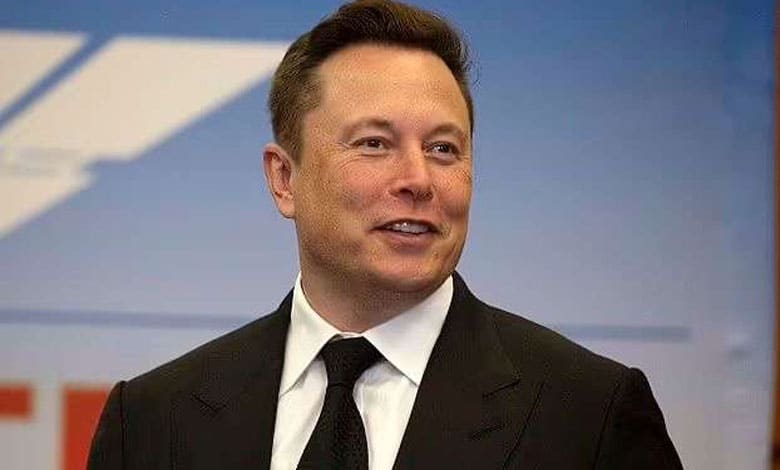Musk’s DOGE Continues Legal Victory Streak, Cementing Its Role in Government Reform
Although some parts of US President Donald Trump’s agenda are getting bogged down by litigation, Elon Musk’s Department of Government Efficiency (DOGE) is having better luck in the courtroom.

Washington: Although some parts of US President Donald Trump’s agenda are getting bogged down by litigation, Elon Musk’s Department of Government Efficiency (DOGE) is having better luck in the courtroom.
Table of Contents
Lawsuits Against DOGE Fail to Gain Traction
Labour unions, Democrats, and federal employees have filed several lawsuits arguing that DOGE is running roughshod over privacy protections or usurping power from other branches of government. But judges appointed by both Democratic and Republican presidents haven’t always sided with these arguments, at least so far. Most notably, critics of DOGE are failing to obtain temporary restraining orders that would prevent Musk’s team from accessing sensitive government databases.
US District Judge Randolph Moss, appointed by President Barack Obama, stated, “It is not the job of the federal courts to police the security of the information systems in the executive branch” in a case involving the Office of Personnel Management.
Also Read: Elon Musk Unveils Grok 3 AI: A Complete Guide to Accessing Its Features and Capabilities
Trump Faces Setbacks, But Musk’s Wins Persist
This success is striking, especially when compared to the other challenges President Trump has faced in the judicial system. Several of his efforts, such as limiting birthright citizenship, freezing congressionally authorized foreign aid, and blocking some healthcare services for transgender youth, have been temporarily blocked by the courts.
If Musk’s opponents continue to struggle in the courts, he could be largely unencumbered in his crusade to downsize the federal government and workforce.
Harrison Fields, the White House deputy press secretary, commented, “The continued successes in the courts in favor of the Trump administration shouldn’t be a surprise to anyone who has ever read our great Constitution, which clearly lays out the role of the Executive Branch, and which President Trump and his entire administration are following to a T.”
Challenges in Treasury Department Systems
An exception to DOGE’s legal victories has been a suit involving Treasury Department systems, which are used to distribute trillions of dollars in federal money. A judge in Washington restricted DOGE’s access to two staff members, while another judge in New York has temporarily blocked DOGE altogether.
Legal Opinions Differ on DOGE’s Power
Norm Eisen, a lawyer who worked for House Democrats during their first impeachment of Trump, said it was too early to declare the legal efforts unsuccessful. He pointed out that US District Judge Tanya Chutkan, also appointed by Obama, expressed concern about Musk’s “unchecked authority” in a case involving federal data and worker layoffs. Although she did not issue a temporary restraining order as sought by Democratic attorneys general from 14 states, Chutkan suggested that they could still make a strong argument that Musk and DOGE violated the Constitution as the case progresses.
Eisen is representing current and former employees at the US Agency for International Development, which was shut down by Musk and Trump. His lawsuit alleges that Musk and DOGE are exercising powers that should only belong to those elected by voters or confirmed by the Senate.
Musk’s Legal Strategy and Its Effectiveness
John Yoo, a law professor at the University of California in Berkeley, noted that an important factor has been the administration’s contention that Musk is a presidential advisor without any independent authority. He compared the current situation to a legal battle from the 1990s when Hillary Clinton chaired a healthcare task force as First Lady. A federal appeals court ruled that the task force did not need to comply with rules on open meetings.
“That’s how they’re winning the lawsuits,” Yoo said. “They’re trying to stay on the side of the line that the DC circuit has drawn.”
Courtroom Battles Continue Across Multiple Departments
US District Judge Deborah Boardman recently heard more than three hours of arguments in a lawsuit challenging DOGE’s access to personal information collected by the federal government. While she did not issue a decision, Boardman expressed skepticism about the argument from labour unions and pressed administration lawyers on why DOGE representatives “need to know everything.” Emily Hall of the Justice Department explained that DOGE was tasked with making “broad, sweeping reforms” that require such access. However, Boardman found this answer to be vague.
Musk’s Victory in Boston and Other Legal Wins
A major victory for Trump and Musk came in Boston, where US District Judge George O’Toole Jr allowed the administration to implement its deferred resignation program. This program, commonly described as a buyout, allows workers to quit while receiving pay until September 30. It was challenged by a group of labour unions, but O’Toole ruled against them on technical legal grounds, stating that they did not have standing to sue. O’Toole was appointed by President Bill Clinton.
Ongoing Legal Scrutiny in Federal Data Access
Judge Moss, in the case involving the Office of Personnel Management, also decided not to block Musk’s team from accessing Education Department data. He noted that DOGE employees had testified in court that they would follow laws surrounding information sharing. Similarly, US District Judge John Bates, appointed by President George W. Bush, did not block DOGE’s involvement at the Department of Labor, the Department of Health and Human Services, and the Consumer Financial Protection Bureau. While Bates expressed “serious concerns” about privacy issues, he ruled that the evidence did not yet justify a court block.
Administration lawyers argued that the DOGE team is not “running rampant, accessing any data system they desire” and has received security training and signed nondisclosure agreements.
